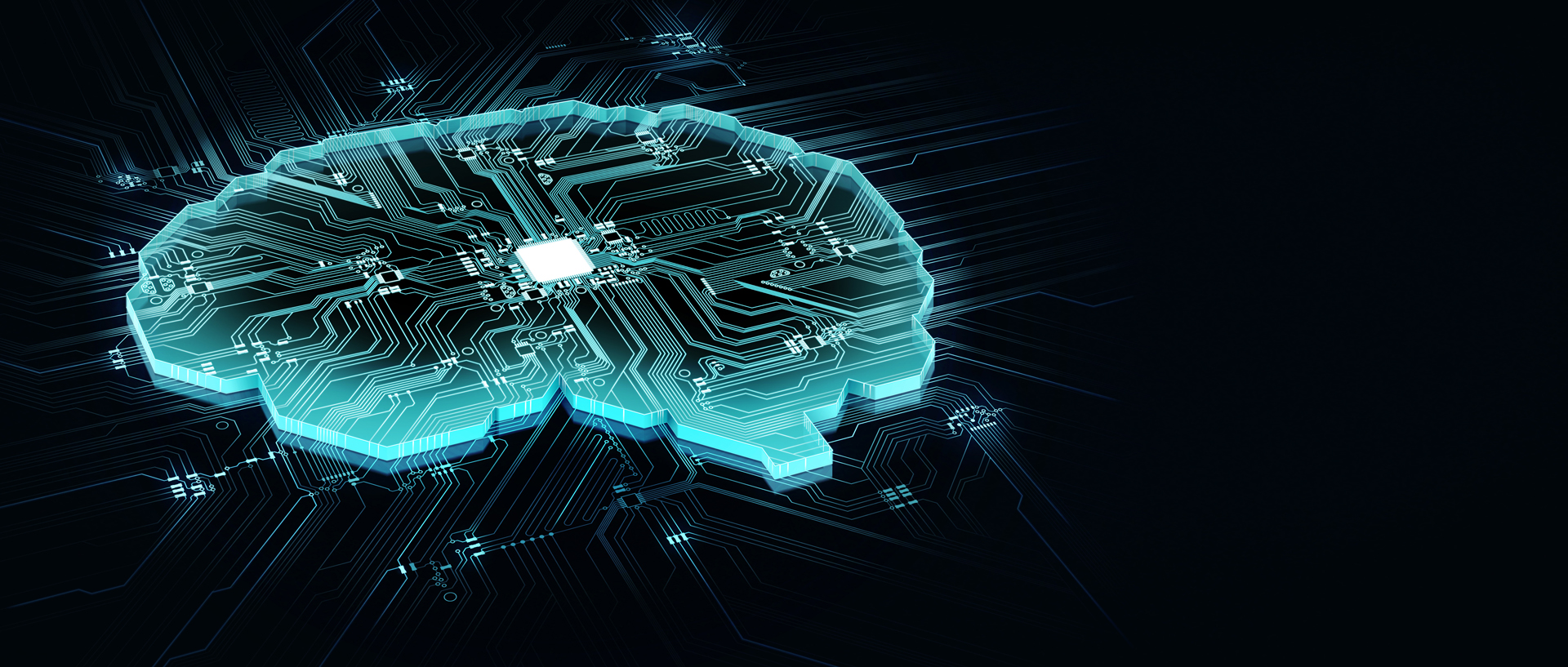Human Cognitive Bias And Its Role In AI
When faced with a challenge, human beings are generally quick to first try to develop creative solutions. We tend to pick the most logical explanation we can find, ignoring all contradictory or unprovable hypotheses in the process. However, this irrational pattern of thinking could eventually sabotage our efforts to create an actual intelligent machine. A cognitive bias known as rationalization is one such phenomenon that is tricky or even dangerous for AI.
Types of Cognitive Bias
Cognitive bias is a term, when used in psychology, that describes the tendency for people's feelings and experiences to affect their judgment. There are a few types of bias. Cognitive bias refers to one's thought processes (affective, which refers to the strength of an emotion or feeling toward something). Motivational bias refers to something's desire. Affective bias refers to how humans process negative and positive information.
Cognitive biases are a problem for more than just a handful of humans and can also be equally problematic for bots and algorithms. Understanding them is the first step toward correcting lousy decision-making. In artificial intelligence (AI), a cognitive bias is not something humans have invented that takes away from human capabilities. On the contrary, cognitive biases are inherent in how our brains naturally process information. With this in mind, we can identify a few different cognitive biases that humans accidentally program into AI systems that can place significant limits on how intelligent machines function.
How Bias Impacts AI
Cognitive science is an emerging field of study that deals with human cognition at basic cognitive processing. The primary sources of research in cognitive science are psychology, neuroscience and cognitive neuroscience. Many of their findings are very applicable to AI — precisely, the field of machine learning. Interestingly, studies in micro-mapping and neurophysiology support the idea of a system-level explanation of complex mental functions. In many ways, AI systems function like basic versions of our brains.
Machine Learning is a branch of AI that deals with making predictions or classifications about datasets. Machine learning algorithms split a dataset into distinguishable subsets that have a calculated high level of similarity. Then, they learn a separate model for each subset of the data using extensive hypothesizing and gradient boosting. Next, they combine these predictions with existing knowledge about the data to make generalizable predictions. Some typical machine learning techniques that involve combining existing knowledge in prediction include support vector machines, association rules, decision trees and random forests.
AI is getting smarter every day. If AI approaches the level of human intelligence, it will be subject to the same limitations as humans. The computation of AI systems in machine learning is complicated by how humans interpret and form human-level explanations. Intuition and brain science principles imply that humans have specific preferences for analyzing data even before articulating them. However, relying too heavily on AI can cause us to underestimate the value of human behavior. Furthermore, AI systems are becoming more competent in a thousand ways, yet we cannot fully explain how humans perform similar but more complex functions in these areas. The lines are even getting blurred when we try to define what is "human."
When it comes to AI decisions, a prominent cognitive bias is the availability heuristic, which states that human beings tend to rely more on information that supports their current beliefs. When faced with conflicting or unknown data, we often lean toward the most informative or logical interpretation of the available information. In some cases, this can be a good enough strategy, but it can create an infinite loop of failure that can't be avoided in many cases. A classic example is the memory leakages that occur when models rely too heavily on heuristics for decision-making and end up relying on irrelevant or stale information.
While it's effortless to notice that humans tend to rely on heuristics for making decisions (or at least we think so), such biases are automatic and unconscious and can be hard to detect. There is every reason to believe that people have been using biases in their everyday life for a very long time, going back to our hunter-gatherer days. The use of all sorts of learning techniques, such as mirroring, has already helped humans acquire much of the knowledge they have today like language and math. Information is not hard to learn. Our brain can decode it quickly.
It would be a mistake to claim there is still very little bias in human decision-making. There is currently no universal answer for AI advancement, even as better filtering techniques are being developed all the time. We know this: Human minds are still fallible, but so is AI. This means that no matter how good neural networks become at predicting the following action, no AI system will ever replace a human in any of its calculations.
Cognitive biases are ingrained in the human psyche, and they aren't going anywhere — meaning AI systems will have to account for them. There is no way to create a perfect AI system. We can only improve, optimize and refine the currently used algorithms while giving every other aspect of the system a human-like quality. The more you know about cognitive bias, the better you can work with AI and machine learning algorithms.
Latest Blogs
Boosting Enterprise Intelligence with Tool Calling
Introduction: A New Era of Intelligent SearchMindbreeze understands that enterprise needs have evolved. It is no longer sufficient for AI systems to retrieve documents or surface static answers. Tool calling meets this demand head-on.
Scaling Agentic AI and the Future of Enterprise Intelligence: A Conversation with Daniel Fallmann on The Digital Executive Podcast
AI continues to transform how organizations harness their information—and in the latest episode of The Digital Executive Podcast, our CEO and founder Daniel Fallmann sits down with host Brian Thomas to share how Mindbreeze is setting a new standard with en


